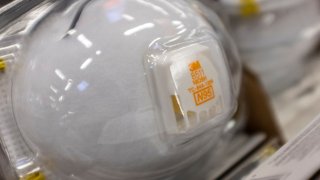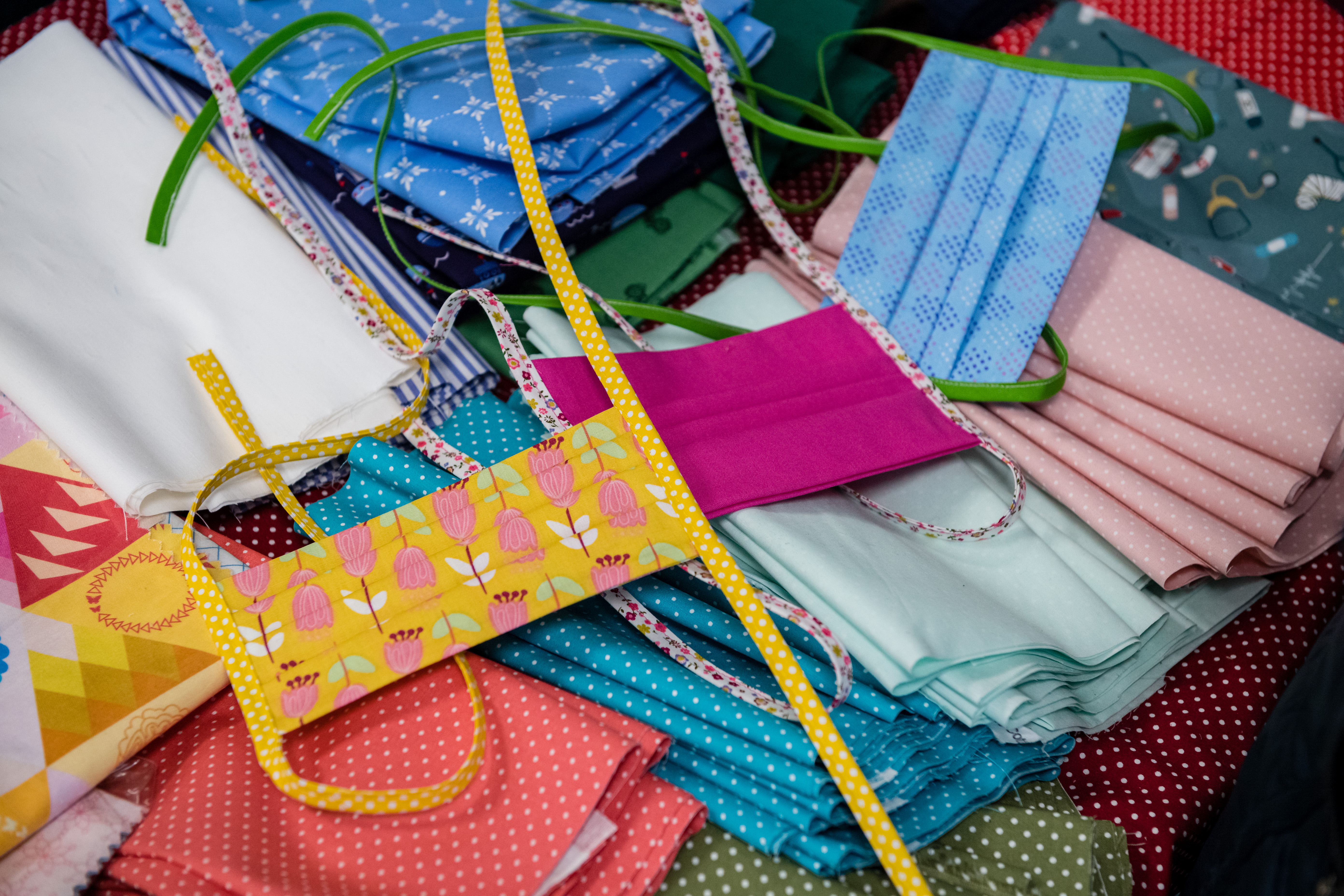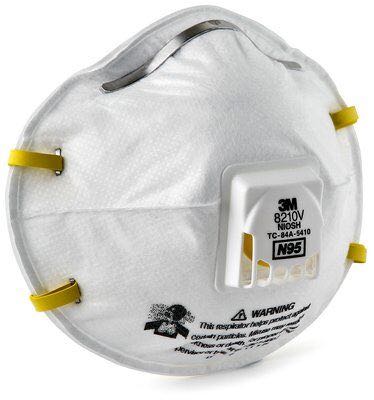
Safely reusing personal protection equipment like masks is becoming a greater possibility given the shortage of many medical supplies that essential workers need during the coronavirus outbreak.
Last week, researchers at the University of Massachusetts Amherst said they found that face masks used by health care workers can be safely reused after sterilization.
The research, which looked at N95 masks, concluded that there is no difference between a new mask and a sterilized mask.
“While these are ordinarily disposable protective devices for medical workers, these are not ordinary times,” professor Richard Peltier told the university, “and this science shows that sterilized face masks will protect our health care providers who are working under extraordinary conditions.”
Paulo Verardi, a University of Connecticut professor who studies viruses and was not involved in the study, said the research was necessary given the state of the coronavirus pandemic.
But he raised a concern about whether a mask's form would hold up after it is worn multiple times.
“Wearing them [N95 masks] multiple times could lead to loss of integrity just by itself, as far as fitting goes,” Verardi said.
N95 masks are fit-tested, and if a mask does not fit properly, it will be less effective in preventing the spread of the coronavirus, according to Verardi.
“But these are unprecedented times, and this type of work is extremely timely and important because some hospitals like in the state of New York are literally running out of options,” Verardi added.
A new machine arriving in Somerville, Massachusetts, will soon be able to sterilize up to 80,000 masks per day to help alleviate the personal protection equipment shortages during the coronavirus outbreak.
Partners HealthCare, Battelle and the City of Somerville announced a partnership to offer hospitals, first responders and medical professionals the new, regional resource as they battle COVID-19, the disease caused by the new coronavirus.
Masks can be worn and decontaminated up to 20 times, according to the Battelle.
The Food and Drug Administration lifted its ban on Batelle's sterilization technology on Monday, citing the shortages of personal protection equipment during the coronavirus pandemic.



